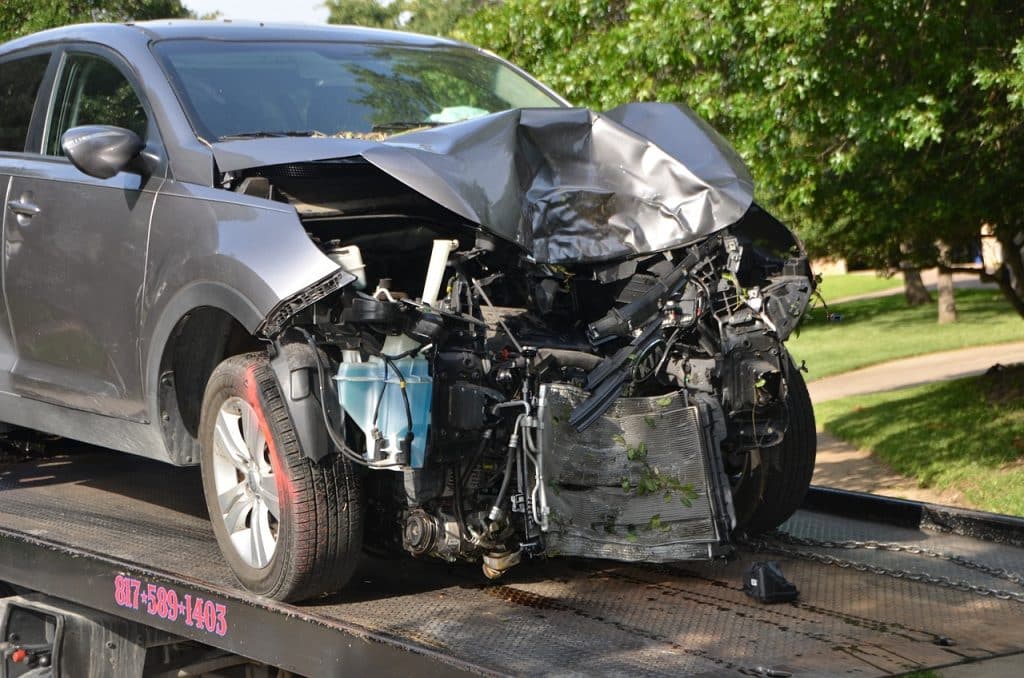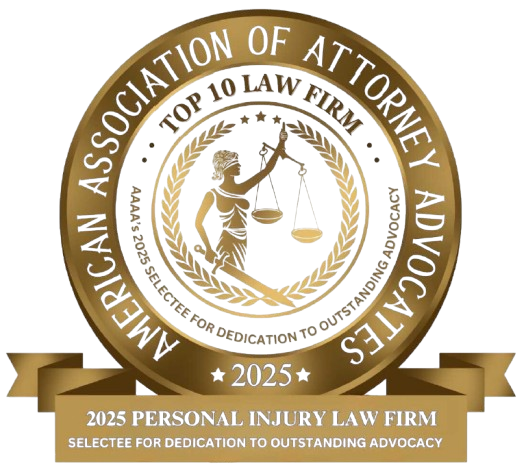If your personal injury case goes to trial, a civil court judge will determine what evidence is admissible, and a jury will likely be tasked with deciding whether the defendant was at fault for the accident. If the defendant is ultimately found liable, your damages will be assigned a specific dollar value that the defendant must pay to you, either as a lump sum or in installments over time.
Reasons Cases Go to Trial
There are many reasons for personal injury cases to go to trial, including the inability to reach a fair settlement. If a case does not settle out of court, it will escalate to trial.
The reasons a case may go to trial include the following:
- The parties cannot agree on the potential settlement amount, warranting the assistance of the courts.
- The plaintiff believes that the defendant needs to be held accountable publicly for their negligence.
- The defendant’s lawyer believes that the defendant will win the case.
It is essential to seek legal counsel as early in the process as possible to make sure your best interests are looked after during settlement negotiations and beyond. When you have an accomplished trial attorney on your side, the insurance company will think twice about going to trial and will likely offer a fair settlement amount earlier in the process than they would otherwise would have.
The Trial Process
When a personal injury case goes to trial, both parties will present their cases before a judge or jury in a court of law. This includes opening statements from each attorney, testimony from witnesses, and closing arguments summarizing each party’s position. The jury (or judge) will then deliberate and issue a decision regarding fault, damages, and other legal issues relevant to the case.
In preparation for trial, attorneys will collect evidence through depositions (interviews under oath), document requests, interrogatories (written questions answered by one party under oath), and other methods of discovery.
The parties may also attempt to mediate an agreement prior to going to trial with the assistance of a neutral third-party mediator. If mediation does not lead to a settlement, then the parties must proceed with litigation in court.
At Patterson Law Group, we understand that personal injury cases are complex and require experienced representation from start to finish. Our lawyers have decades of collective experience litigating cases just like yours, so you can rest assured that your interests are being taken care of every step of the way.
Our attorneys have extensive knowledge about the latest court rulings and laws concerning various types of injuries, so they can provide you with up-to-date advice on your potential claim or strategy during trial proceedings. We also work closely with medical experts who specialize in specific types of injuries so we can build an effective argument on your behalf before or at trial.
Patterson Law Group is Your Advocate In and Out of the Courtroom
Our personal injury lawyers always strive to secure the best possible results for our clients by taking an aggressive stance when appropriate while still being sensitive to your individual needs throughout the process. Our goal is to ensure that you have a successful outcome in your case so that you can move forward with your life with ease and confidence.
We understand every case is unique and customize our approach each time for the best outcome possible. We will investigate every detail of your case, collecting evidence from witnesses or other involved parties, reviewing medical records, and more to set you on the path to the settlement you deserve.











